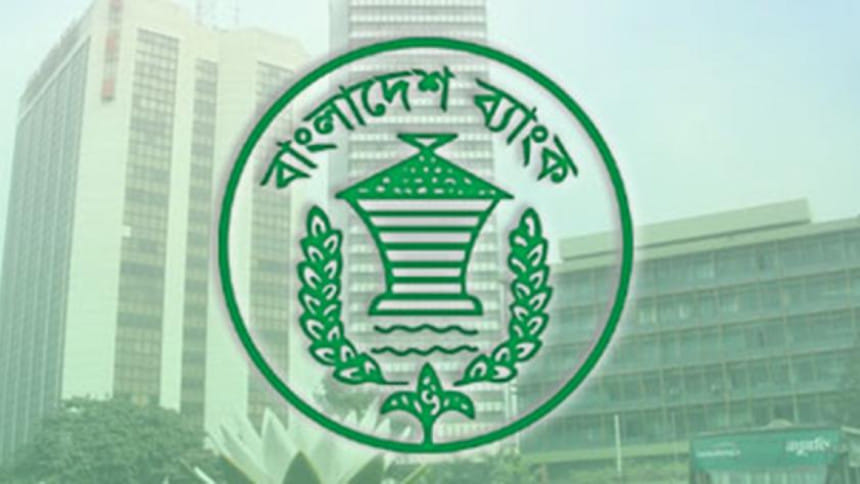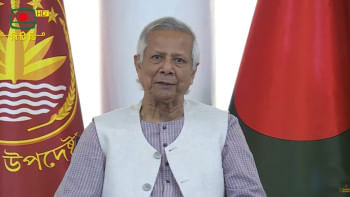BB intel unit set to get autonomy

The government is planning to give full autonomy to the central bank's financial intelligence unit so it can deal with financial crimes independently.
To that end, the finance ministry has already sent a proposal to the Cabinet Division.
The proposal, which includes some major changes in the Money-Laundering Prevention Act-2012, might be placed before the cabinet at its weekly meeting today.
According to the proposed change in the law, the government will appoint the chief executive and deputy chief executive of Bangladesh Financial Intelligence Unit (BFIU) on a full-time basis. Officials of Bangladesh Bank will work for the unit on deputation.
The central bank governor now picks a BB deputy governor and an executive director for the posts of the chief executive and deputy chief of BFIU. The two perform their duties at the unit as additional duties. They consult the BB governor before making any important decisions.
The BFIU is responsible for analysing suspicious transaction reports, and information related to money laundering received from reporting agencies and other sources and disseminating information/intelligence thereon to relevant law enforcement agencies, according to BB website.
Banking Division Secretary M Aslam Alam said Financial Action Task Force, a global money-laundering watchdog, had recommended that the government make the BFIU stronger. Accordingly, the finance ministry has made the move to make the intelligence unit an independent institution.
“The BFIU now uses central bank letterhead for official correspondence. Once the amendment is in force, it will have its own letterhead,” he told The Daily Star.
However, the BB governor's role in the BFIU will remain unchanged, added Aslam.
Another finance ministry official said though the BFIU will be an autonomous body, its office will be on the central bank premises and all its expenses will be met from the BB's budget.
As per law, banks, financial institutions, stock exchanges, and other organisations involved in financial dealings send information to the BFIU about any suspicious transactions. Information about transactions by ministers, lawmakers and other high-profile people is also sent to the BFIU.
The intelligence unit analyses the information, take punitive action against irregularities and in some cases, forward transaction data to other organisations, including the ACC.
Former finance adviser to a caretaker government AB Mirza Azizul Islam said the move to strengthen the intelligence unit is good, but the key point here is who will be picked for the top posts of BFIU.
If there is political influence on the recruitment process like it happens in the cases of key appointments to public banks, the proposed changes to the law would not produce any good result, he added.
Ahsan H Mansur, executive director of Policy Research Institute, said the chief and deputy chief of the BFIU must have vast knowledge on financial issues.
But the question remains that how people from outside the central bank, including bureaucrats, would perform their duties efficiently if they are picked for the top BFIU posts, he noted.
Zahid Hussain, lead economist at the Dhaka office of World Bank, said an empowered financial intelligence unit is a good idea. However, the devil is always in making it work. Finding the right leadership for BFIU and allowing them space to pursue its mandate without any fear or favour will be the main challenge, he observed.
The cabinet on August 10 approved an amendment to the ACC law, giving back the police the responsibility of investigating fraud cases filed by private citizens. The ACC has been doing the job since 2013 despite manpower shortages.
However, the cases involving government property, civil servants or government bank employees would be probed by the graft watchdog.
According to another proposed change in the law, money-laundering-related crimes will be investigated by the police, National Board of Revenue (NBR) and other relevant organisations. Presently, the Anti-Corruption Commission is tasked with the job.
Both Mirza Aziz and Mansur said the finance ministry's proposal is consistent with the proposed amendment to the ACC law.
Mirza Aziz said whoever carries out investigations into money laundering, they must do it honestly. “There is no problem with laws in Bangladesh. The problem lies with those who enforce laws.”
Over-stretching the ACC will not work, said Mansur, adding that the government would be better off giving the responsibility of probing money laundering to relevant government authorities.

 For all latest news, follow The Daily Star's Google News channel.
For all latest news, follow The Daily Star's Google News channel. 



Comments